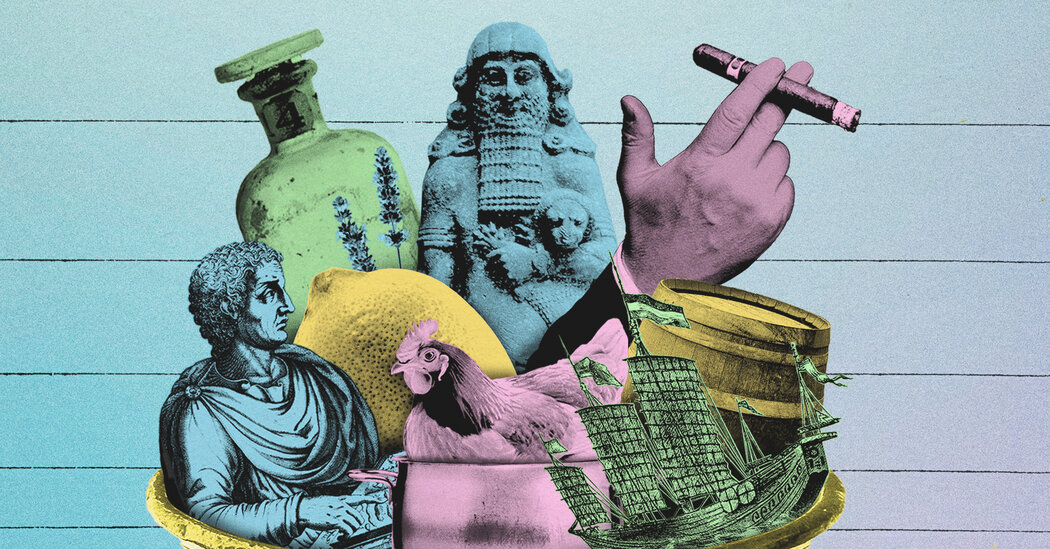The longevity industry is coming off perhaps its best run on record. The expected span of an American life has increased by about three decades since 1900 — to around 78 as of 2023. But for many people, even 78 years just won’t do.
The Methuselah Foundation, a biomedical charity, for example, wants to “make 90 the new 50,” and scientists at one biotechnology firm have argued that, unencumbered by disease, the body could potentially make it all the way to age 150. Even more optimistic estimates put the number closer to 1,000.
Whatever the maximum human life span may be, people appear increasingly determined to find it — in particular men, who are more inclined to favor radically extending life, maybe even indefinitely. Last year, nearly 6,000 studies of longevity made their way onto PubMed, a database of biomedical and life sciences papers; that’s almost five times as many as two decades ago.
Along with the creation of dozens of popular podcasts and a sizable supplement industry, that zeal has led to efforts to preserve organs, search out life-extending diets and even try to reverse aging itself. It’s the same mix of solid science, quixotic experimentation and questionable advice that has, for much of recorded history, defined the pursuit.
Humanity’s oldest epic is a doomed quest for immortality: Around four millenniums ago, the Sumerians told of a Mesopotamian king named Gilgamesh who set out to find life everlasting and briefly located a youth-restoring plant, only to lose it on his way home. Two millenniums later, as the story goes, a Chinese magician named Xu Fu convinced the emperor that there was an elixir granting eternal life across the Yellow Sea. The emperor provided Xu Fu with ships and the 3,000 virgins that the magician claimed were essential to the quest. When the emperor found out he had made little progress, Xu Fu said he also needed an army, which the emperor furnished. Xu Fu set sail, and the emperor never saw him again.
The desire to live forever also animated stories of the Macedonian king Alexander the Great and the Spanish conquistador Juan Ponce de León. They too ended in failure. It’s a lesson that was lost on alchemists, who for centuries sought to create a drink that granted immortality. Among them was Isaac Newton, who went to his grave in the early 1700s believing his alchemical research would one day prove more consequential than his laws of motion.
